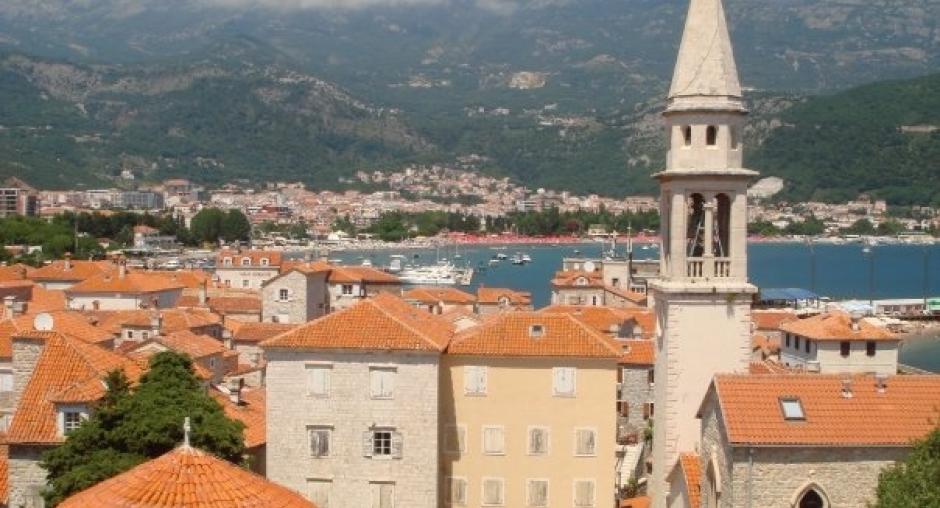OSCE/ODIHR ready to support Mediterranean partners on path to democracy

The OSCE can provide concrete support to its Mediterranean partners in the transition to democracy, Ambassador Janez Lenarčič, the Director of the OSCE Office for Democratic Institutions and Human Rights (ODIHR) told a conference in Budva, Montenegro on 11 October.
Speaking at the annual OSCE Mediterranean Conference, which this year focused on democratic transformation in the Mediterranean region, Lenarčič praised the events of the Arab Spring but noted that the path to democracy is not easy.
“History in our part of the world has shown that transition to democracy can be messy and protracted,” he said. “Our Mediterranean partners have a chance to avoid making their own mistakes by learning from transitions elsewhere.”
Lenarčič stressed that, at the same time, the events of the Arab Spring offered a lesson for all countries, that the "fake trade-off" between stability and human rights was a dead end.
"Stability cannot be purchased at the expense of liberty," he said.
Lenarčič offered to share with the Partners for Co-operation ODIHR’s handbooks, guidelines, a catalogue of good practice, and decades of experience.
ODIHR has already started to provide human rights monitoring tools to civil society representatives from OSCE Mediterranean Partner states, while its standards, enshrined in the OSCE human dimension commitments, have been translated into Arabic.
The OSCE Mediterranean Conference serves as a forum for the exchange of ideas and to further develop the relationship between the OSCE and the Mediterranean Partners for Co-operation: Algeria, Egypt, Israel, Jordan, Morocco and Tunisia.
